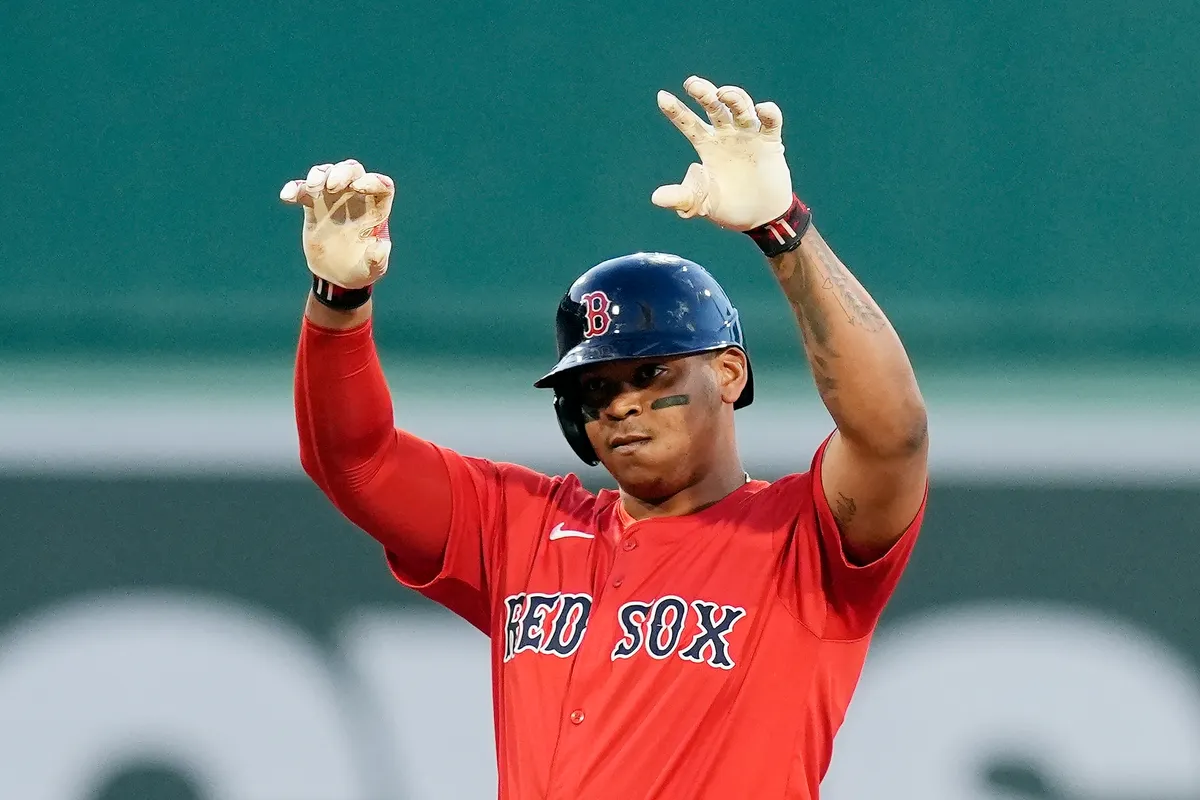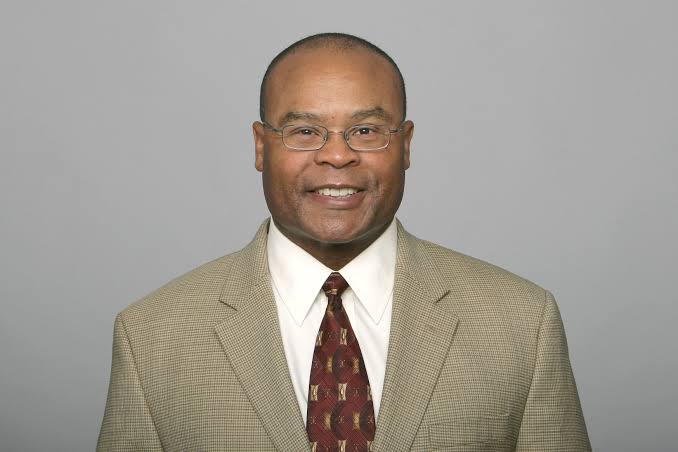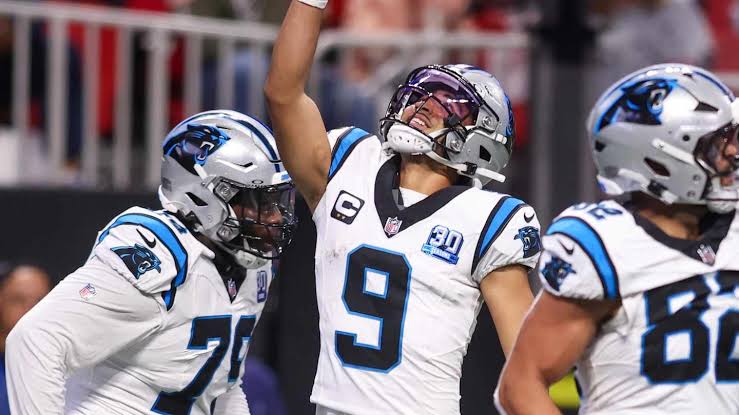
The Boston Red Sox are facing internal turmoil as star third baseman Rafael Devers has sparked a major controversy by refusing to switch positions following a season-altering injury to teammate Triston Casas. With Casas sidelined, the organization had hoped to shift Devers to first base, a move he rejected, setting off a firestorm of media scrutiny and clubhouse tension.
Devers, who signed a massive 11-year, $311 million contract extension in 2023, has made it clear he does not intend to play first base or any defensive position this season. After the team acquired Alex Bregman—widely regarded as one of the league’s premier defensive third basemen—Devers was moved into a designated hitter (DH) role. While Devers initially accepted the switch begrudgingly, he now insists that the Red Sox assured him during spring training he would remain at DH for the duration of the 2025 season.
“Third base is my position,” Devers reportedly told media, reaffirming his unwillingness to adjust. “I’ve already sacrificed once for the team. I’m not doing it again.” This inflexibility, while rooted in past promises and a sense of pride, has been met with mixed reactions in the Red Sox clubhouse. Some teammates feel that Devers, as a leader and the face of the franchise, should demonstrate more adaptability—especially in light of similar cases like Bryce Harper, who willingly moved from outfield to first base for the Phillies.
The fallout has reportedly escalated to the point where Red Sox owner John Henry, team president Sam Kennedy, and chief baseball officer Craig Breslow flew to Kansas City to meet with Devers face-to-face. The goal: address internal tensions and attempt to persuade the slugger to reconsider for the good of the team. The high-level nature of this intervention underscores how seriously the organization views the growing divide between Devers and the front office.
Meanwhile, the Red Sox have scrambled to fill the first base gap by turning to depth players like Romy Gonzalez and Abraham Toro—neither of whom brings the defensive prowess or offensive upside that Devers could potentially offer if he made the switch. The results have been underwhelming, and questions now swirl around Boston’s playoff hopes as well as the cohesion of the clubhouse.
Critics of the front office argue that this situation is the result of mismanagement and poor communication. Many believe that Devers should have been more involved in decisions like acquiring Bregman, given his stature within the organization. This lack of transparency, some say, created a sense of betrayal that is now playing out in public.
As the Red Sox battle both on the field and behind closed doors, Devers’ stance continues to dominate headlines. Whether this situation resolves peacefully or leads to deeper fractures within the team remains to be seen—but one thing is certain: Boston’s season now hinges as much on clubhouse diplomacy as it does on on-field performance.



